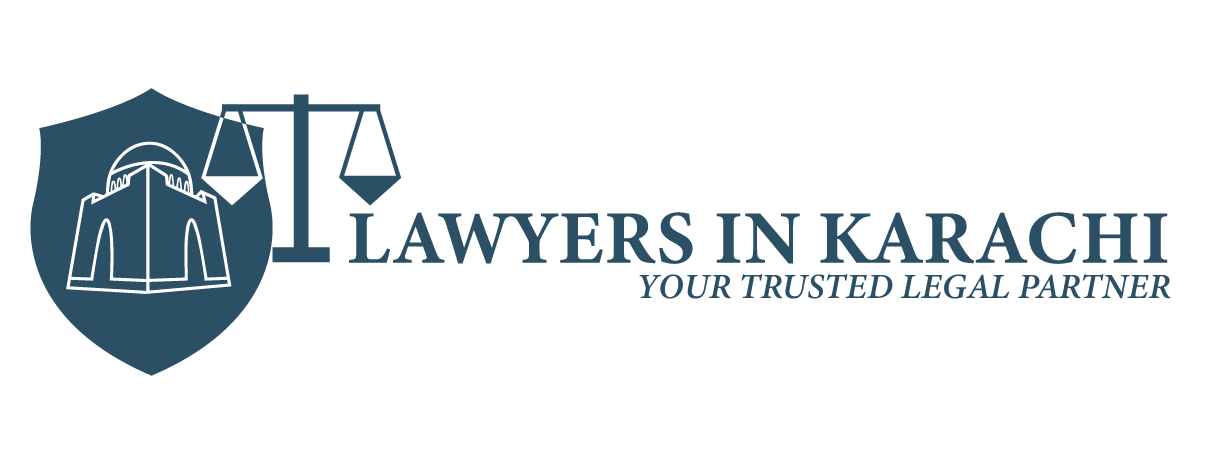Understanding the Legal Pakistan Framework
The concept of legal Pakistan reflects the country’s judicial structure, laws, and constitutional principles that govern its people. Every society functions smoothly when its legal system is strong, transparent, and accessible to the public. Pakistan, being a constitutional democracy, has a legal framework that ensures justice, protects rights, and maintains order across the state.
This article explores the pillars of the legal system in Pakistan, including the Constitution, judiciary, legal rights, and the role of lawyers in protecting justice. It also examines the challenges and reforms needed for strengthening the rule of law.
The Foundation of Legal Pakistan: The Constitution
At the heart of legal Pakistan lies the Constitution of 1973, which serves as the supreme law of the land. It defines the country as an Islamic Republic, establishes the separation of powers, and guarantees fundamental rights to citizens.
The Constitution provides:
-
Fundamental Rights such as freedom of speech, equality before the law, and the right to education.
-
Directive Principles guiding the state toward justice and equality.
-
Judicial Independence to ensure unbiased decisions.
Through this constitutional framework, Pakistan upholds the principles of democracy, justice, and accountability.
Structure of the Judiciary in Pakistan
A functioning judiciary is essential for maintaining legal Pakistan. The judicial system has multiple tiers, ensuring that justice is accessible at local, provincial, and national levels.
-
Supreme Court of Pakistan – The highest court with the power to interpret the Constitution and review decisions of lower courts.
-
High Courts – Present in each province, handling constitutional petitions and appeals.
-
District and Session Courts – Addressing civil and criminal cases at the grassroots level.
-
Specialized Courts and Tribunals – Handling areas like family law, banking disputes, labor rights, and anti-terrorism cases.
This multi-level judicial system ensures that justice can be pursued at every stage.
Legal Rights of Citizens in Pakistan
For a strong legal Pakistan, the protection of citizens’ rights is a cornerstone. Every individual is entitled to:
-
Right to Fair Trial under Article 10A of the Constitution.
-
Right to Equality ensuring non-discrimination.
-
Right to Freedom of Religion for all communities.
-
Right to Education as a state responsibility.
These rights are not only enshrined in the Constitution but are also protected by various statutes and enforced by courts.
Role of Lawyers in Legal Pakistan
Lawyers are the backbone of the judicial system. Their role in legal Pakistan is vital, as they:
-
Represent clients in courts.
-
Provide legal advice on civil, criminal, corporate, and family matters.
-
Ensure justice by protecting citizens’ rights.
-
Contribute to legal reforms through active participation in law-making processes.
A professional legal community strengthens public trust in the justice system and supports fair governance.
Challenges Facing Legal Pakistan
While Pakistan has a strong legal foundation, the system faces several challenges:
-
Case Backlog – Thousands of cases are pending in courts, delaying justice.
-
Lack of Awareness – Many citizens remain unaware of their legal rights.
-
Access to Justice – Rural areas often lack adequate legal representation.
-
Corruption and Delays – Legal processes are sometimes slowed down by inefficiency.
-
Reform Needs – Outdated laws require modernization to meet global standards.
These challenges highlight the importance of ongoing reforms to ensure that legal Pakistan evolves with time.
Legal Reforms and Modernization
To strengthen legal Pakistan, reforms are essential. Some promising directions include:
-
Digital Courts and E-Filing Systems – Making justice more efficient and accessible.
-
Legal Awareness Programs – Educating citizens about their rights.
-
Alternative Dispute Resolution (ADR) – Reducing the burden on courts through mediation and arbitration.
-
Strengthening Accountability – Ensuring that judges, lawyers, and officials maintain high ethical standards.
Modern reforms will allow the legal framework to adapt to the challenges of the 21st century.
Importance of Legal Pakistan for Businesses
Beyond individual rights, legal Pakistan also plays a key role in shaping the business environment. Companies rely on laws related to:
-
Corporate Governance
-
Taxation
-
Intellectual Property Protection
-
Contract Enforcement
A transparent legal system builds investor confidence and promotes economic growth.
Conclusion
The concept of legal Pakistan represents more than just laws on paper; it reflects the commitment to justice, equality, and human rights. From the Constitution to the courts, from lawyers to reforms, every element works together to strengthen the rule of law.
As Pakistan continues to grow, a modern and accessible legal system will remain a cornerstone of democracy, ensuring that every citizen enjoys protection, fairness, and dignity under the law.




